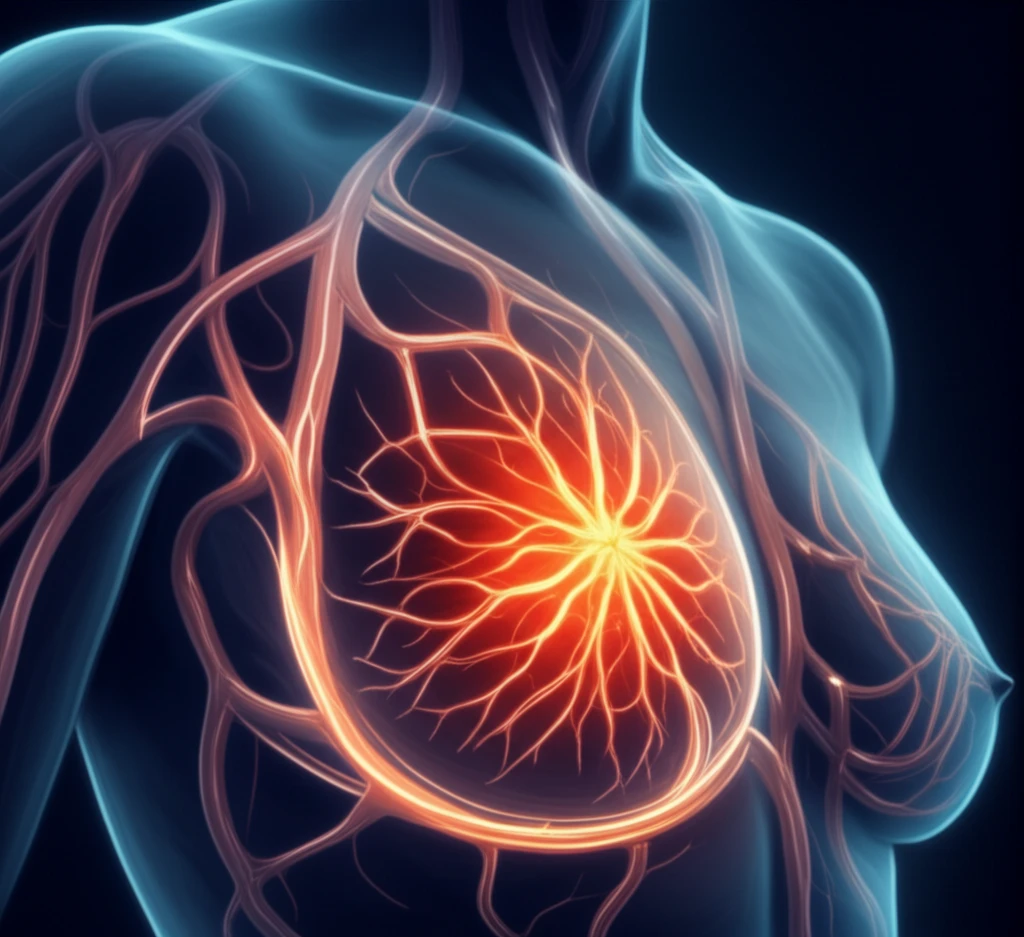
Breast Cancer Surgery: How to Boost Arginine Levels for Faster Recovery
"Discover how major surgery impacts arginine availability in breast cancer patients and the nutritional strategies that can help restore it for improved healing and immune function."
For women facing breast cancer, maintaining optimal health is critical, especially when undergoing surgery. Arginine, an amino acid, plays a key role in immune function, wound healing, and overall recovery. Recent research highlights that breast cancer and the subsequent surgery can significantly reduce arginine levels in the body, potentially hindering the healing process. Understanding this connection is the first step toward taking proactive measures to support your body's needs.
Arginine's importance extends beyond basic nutrition; it's a building block for proteins and a precursor for nitric oxide, a molecule essential for blood flow and immune response. When arginine levels drop, the body's ability to repair tissues and fight off infections can be compromised. This is particularly concerning for individuals already dealing with the stresses of cancer and surgery.
This article delves into the findings of a recent study that investigated the impact of breast cancer surgery on arginine availability. We'll explore how surgery affects arginine metabolism, why this matters for recovery, and what nutritional strategies can help restore arginine levels, empowering you to take control of your health during this challenging time.
Why Does Arginine Matter After Breast Cancer Surgery?

Arginine is not just another amino acid; it's a powerhouse nutrient with several critical functions, especially important during recovery from major surgery:
- Immune Function: Arginine supports the activity of immune cells, helping your body defend against infections and other complications post-surgery.
- Wound Healing: It promotes collagen production, a vital component of tissue repair and wound closure.
- Nitric Oxide Production: Arginine is a precursor to nitric oxide, which helps relax blood vessels, improving blood flow to the surgical site and promoting healing.
- Protein Synthesis: Essential for rebuilding tissues and maintaining muscle mass, which can be compromised during surgery.
The Road to Recovery: Restoring Arginine Levels
The study emphasizes the importance of nutritional interventions to support arginine levels after breast cancer surgery. While more research is needed to determine the most effective strategies, consider these potential approaches: By focusing on optimizing arginine levels through targeted nutrition, you can support your body's natural healing processes and promote a smoother, more comfortable recovery.
